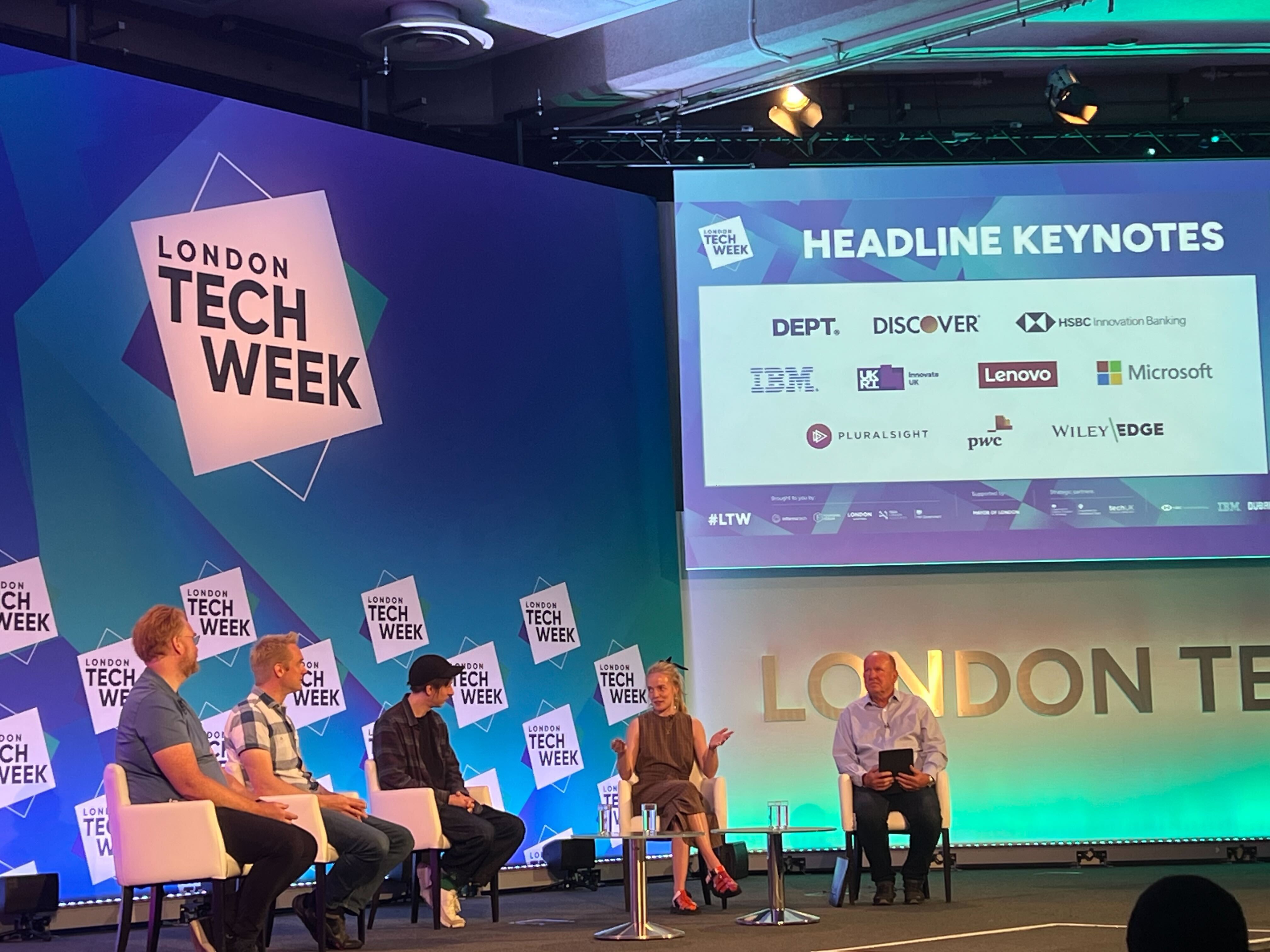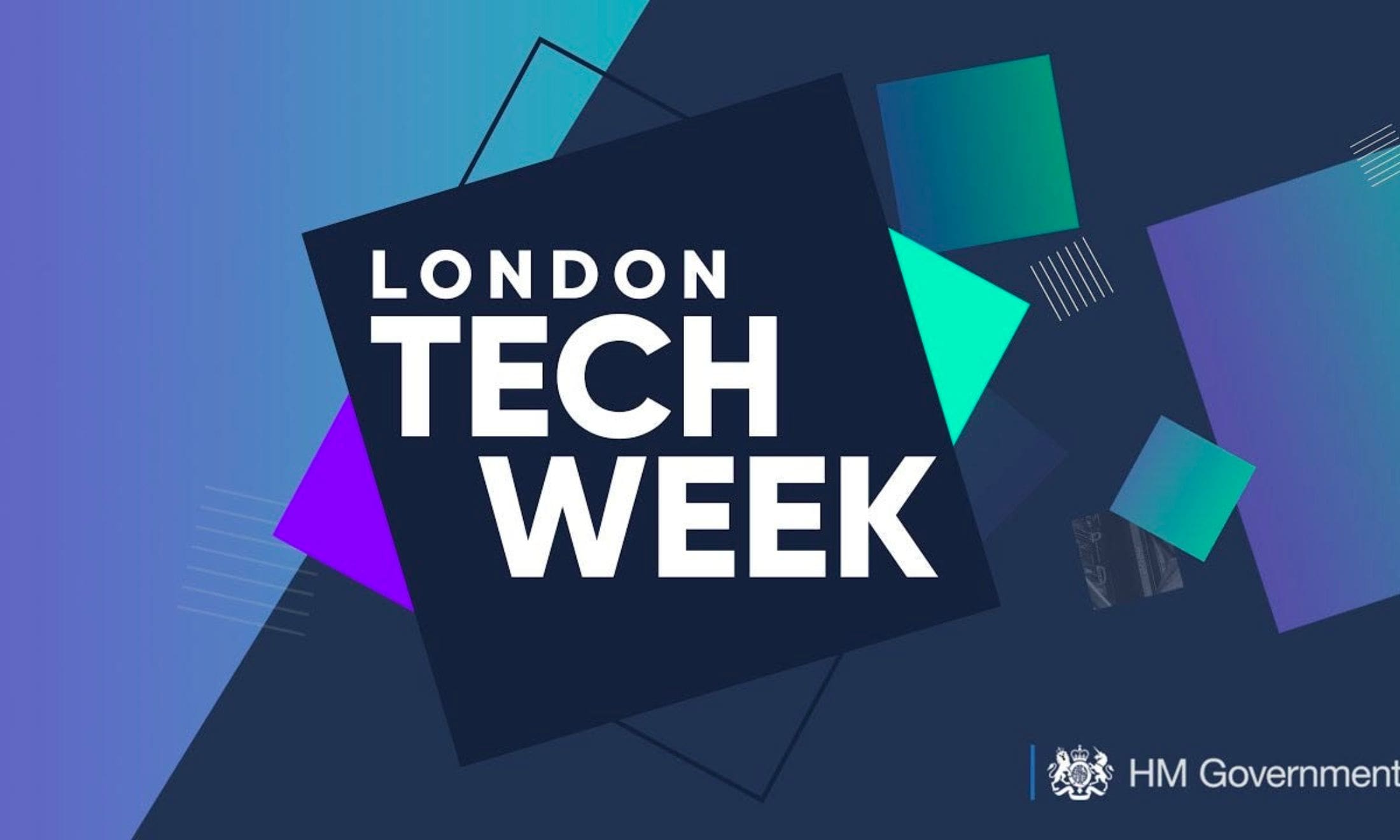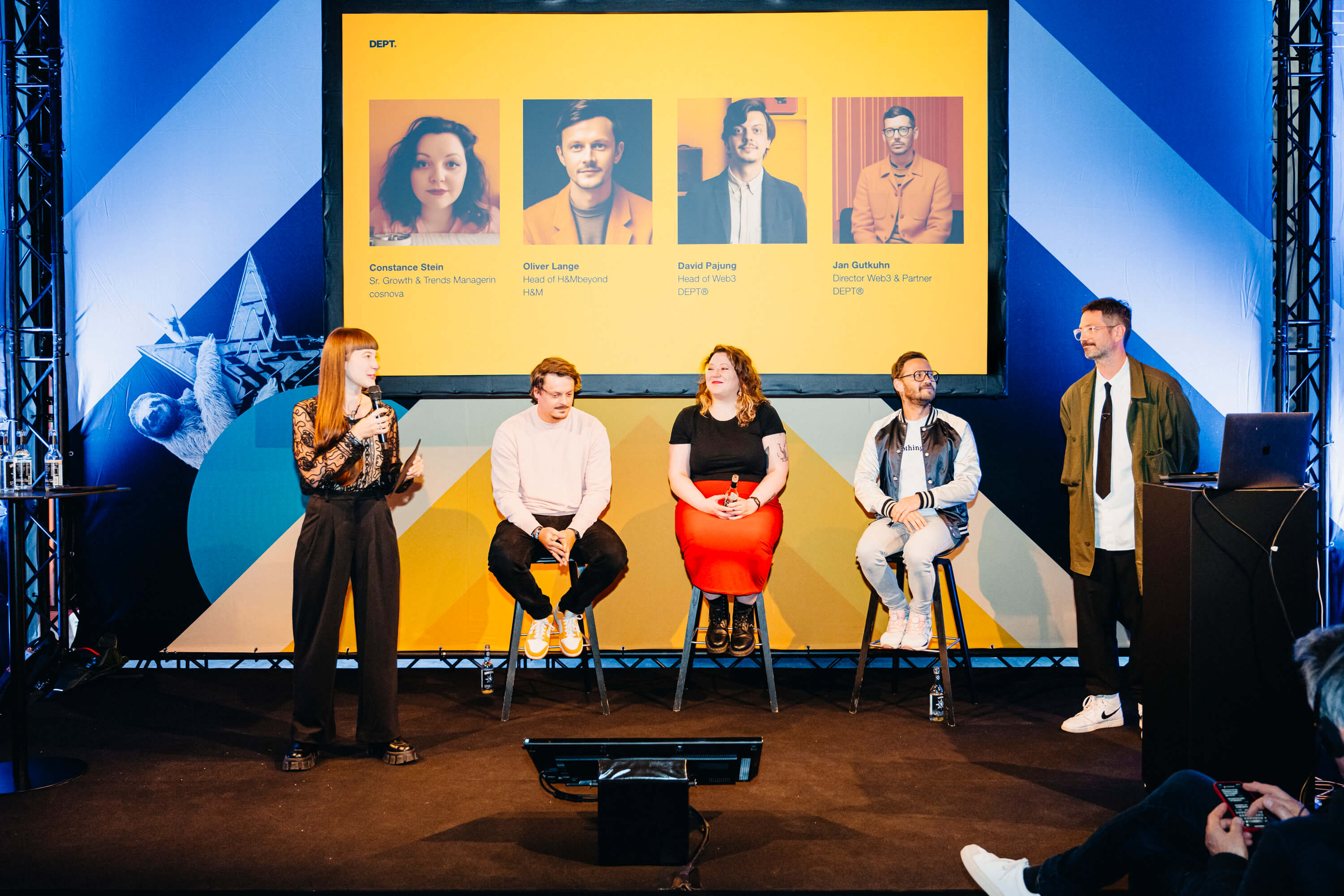The recent market downturn and bankruptcies have not dampened the potential of digital assets and the technologies that underpin them. These innovations have the power to transform business models across various sectors.
London Tech Week 2023 brought together industry experts to discuss this potential during a panel called “Probing Reality and Myth in the Metaverse & Web3 – What does it mean for you?”

On online universes, virtual reality, and what makes a “metaverse”
The best way of understanding online universes and why everyone’s talking about their vast potential is by taking a closer look at video games.
Although the gaming industry has been dismissed as simply a source of entertainment, primarily for teenage boys, its impact demonstrates the powerful impact games have had on culture and the way people socialize.
With more than 3 billion active gamers worldwide—over a third of the global population—the gaming industry is far bigger than many people realise. Sir Ian Livingstone, a longtime veteran of the gaming world, estimates that the industry is worth €250 billion and has contributed $7 billion to UK PLC.
Today, the popularity of video games comes from the quality of the experience they provide and the ability for gamers to share that experience with other players.
“It’s amazing what experiences people can have in a space where your physical strength doesn’t matter,” said Kristian Segerstrale, CEO of Super Evil Megacorp, “Where your abilities or disabilities don’t matter, where your location doesn’t matter. You can have incredible experiences between connected people in a way that the physical environment doesn’t allow.”
According to Segerstrale, the concept of the metaverse is the result of three trends within the gaming industry and tech as a whole.
- The arrival of AR & VR. While we’re still waiting for headsets—like the recently announced Apple Vision Pro—to find the intersection between comfort, affordability, and quality, the technology’s ability to immerse the user in a virtual world is an exciting prospect.
- The popularity of online communities. Whether it’s Roblox, Fortnite, Minecraft, or something else, the ability to share a gaming experience has led to the growth of full-fledged communities within the online world, each with their own unique culture.
- New opportunity for games to be more democratized. Blockchain technology has now opened the door for players to own and control different aspects of a game. In turn, this trend has given players a degree of decision making power that, historically, has been exclusive to game developers.
The idea of the metaverse, then, is an immersive online experience enhanced by AR & VR that will take online communities—which are already extremely popular—to the next level.
On the value of metaverse experiences for businesses
Among younger generations, gaming is already an overwhelmingly popular way of having fun and socializing. Research indicates that 88% of Gen Z and 94% of Generation Alpha are gamers.
While the term “metaverse” may no longer be the best descriptor for next-level online experiences, the popularity of gaming with young people demonstrates that these experiences represent the future of brand connections and a valuable new revenue stream that’s evenly split between technology and marketing.
“You’re actually going to be driving loyalty by creating engaging experiences that people want to return to,” said Isabel Perry, VP of Emerging Tech at DEPT®.
“And, critically, with the social validation of people like you, which is a really interesting challenge for brands to pursue.”
On how to navigate a world that is still taking shape
In some ways, the metaverse is still taking shape.
Popularized VR headsets for the general public and blockchain technology are two examples of how certain components of the metaverse are still in the midst of their development.
Moreover, there’s also the talk of impending regulation. However, even regulations will likely take time to develop as different entities from different countries around the world work to understand the implications of the metaverse.
“It’s like herding cats,” said Mundi Vondi, CEO of Klang Games, “I mean…they’ll take some time.”
However, it’s also important to remember that in many ways, the metaverse is already here.
Within the gaming industry, the concept of interconnected, immersive digital experiences is far from new. And, as previously stated, the gaming industry is extraordinarily popular.
Already, in-game experiences have led to the rise of completely digital concerts, festivals, and community events that are more popular than many in-person equivalents.
“The game industry has come in such a short time, globally, but also here in the UK,” as Kristian Segerstrale reminded us all.
“It really employs more and more people. It has incredible potential between the the UK promise of technology, at its heart is an incredible track record in both areas. I think there’s huge growth potential for the industry, especially as we explore the metaverse in an innovative way.”
Like this?
Learn how we’re pioneering the future of engagement with DEPT®/GAMES.
More?
Questions?
VP of Emerging Tech





